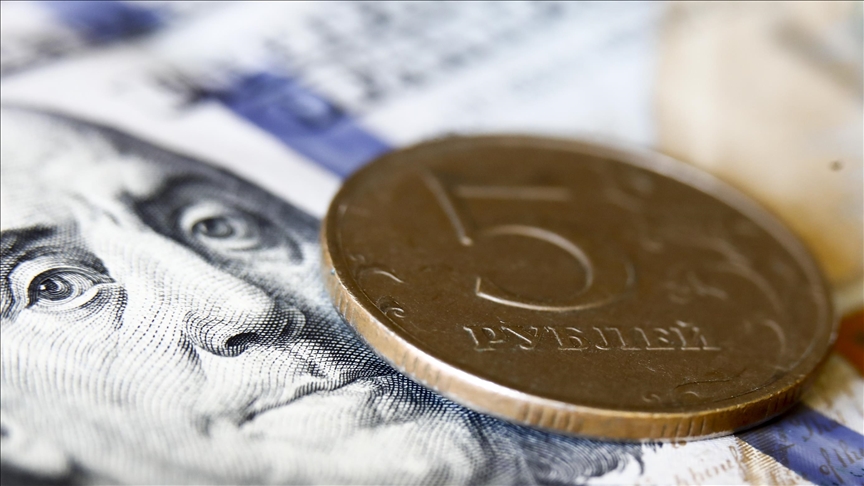Belgium seeks guarantees over risks of using frozen Russian assets for Ukraine
'If Europe alone bears financial burden of supporting Ukraine, a lot of money will be needed,' says prime minister

ISTANBUL
Belgian Prime Minister Bart De Wever on Thursday said that risks from the use of frozen Russian assets as collateral for a loan to Ukraine must be shared among EU countries, given that most of the funds are held in Belgium.
Speaking to reporters on the sidelines of the 7th European Political Community (EPC) summit in Copenhagen, De Wever stressed that Belgium could not shoulder the responsibility alone.
“I want the highest level of legal certainty and solidarity on this matter. I also demand transparency regarding the situation in other countries,” he said.
De Wever likened the frozen Russian assets to a “chicken” and the revenues they generate to “eggs,” warning: “If you put the chicken on the table and eat it, you lose the golden egg.”
He cautioned that if Europe alone bears the financial burden of supporting Ukraine, “a lot of money will be needed,” and said: “There is no such thing as free money. There are always consequences.”
He underlined that during Wednesday’s EU summit he sought assurances from other leaders that responsibility would be collective in case problems arise once Russia’s assets are tapped.
European Commission President Ursula von der Leyen proposed at the summit to provide Ukraine with €140 billion ($164 billion) in reparations-backed credit, based on frozen Russian assets.
Under the plan, Kyiv would only have to repay the loan if Russia pays reparations for its war in Ukraine.
EU leaders have asked for further legal analysis of the proposal before moving forward.
About €180 billion of Russia’s frozen central bank reserves are held at Belgium-based securities depository Euroclear, making Belgium the most exposed EU member state on the issue.
The European Central Bank has previously warned that seizing Russian assets or revenues could undermine the euro’s role as a global currency and destabilize financial markets.
It cautioned that unilateral EU action might drive other central banks with large foreign reserves away from euro-denominated assets, raising financing costs for European countries.
Moscow has denounced the move as “outright theft” and threatened strong retaliation.
Anadolu Agency website contains only a portion of the news stories offered to subscribers in the AA News Broadcasting System (HAS), and in summarized form. Please contact us for subscription options.







